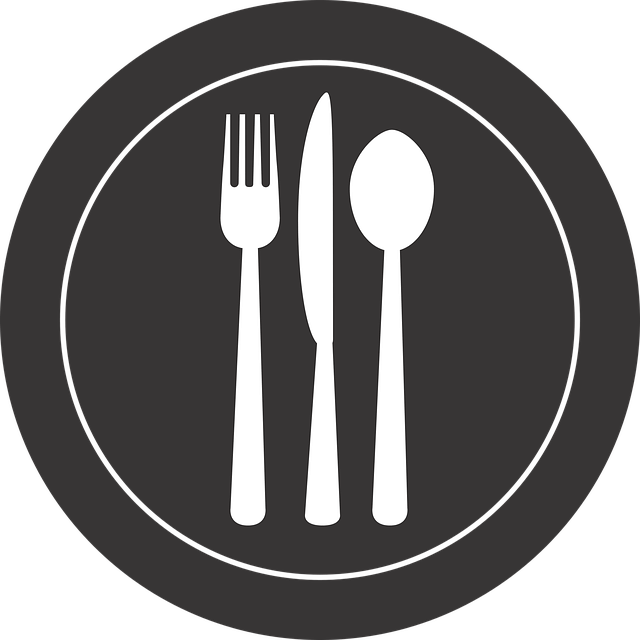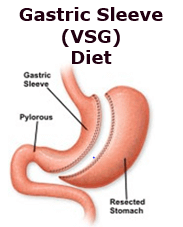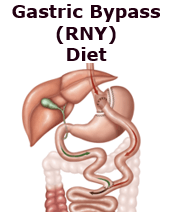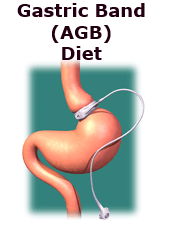Bariatric Diet Calories:
How Many?
The answer to "what’s the right number of bariatric diet calories," is a tough one, because it's a moving target. There is no exact cookie cutter answer.
The “5 R’s” of the Bariatric Diet© describe the various phases you experience on the weight loss surgery journey. The number of bariatric diet calories varies depending on where you are in the journey at any given moment!
Example ONLY
Do NOT consider this a Prescription
- Week 1: 200-300 calories
- Week 2: 200-400 calories
- Week 3-4: 300-500 calories
- Month 2-4: 500 calories
- Month 5: 600 calories
- Month 6: 700 calories
- Month 7: 800 calories
- Month 8: 800-900 calories
- Month 9: 800-1000 calories
- Lifelong: 800-1200 calories
Getting Ready for Surgery:
3-6 Months Preop: You may be required to lose 5-10% of your weight to reduce the risk of post op complications. If so, use these general guidelines from the Academy of Nutrition and Dietetics:
- 1200-1500 calories per day for women
- 1500-1800 calories per day for men
1-2 Weeks Before Surgery: Your surgeon will likely require you to follow a 1–2-week preop liver shrinking diet that's usually 800-1000 calories.
Recovery: Calories aren’t a focus on the early post op diet when protein is front and center. It's common to consume less than 500 calories a day in the beginning. The number of bariatric calories per day is low simply because the stomach is swollen immediately after surgery and it's not physically possible to eat very much.
As you slowly advance through the series of diet stages in the recovery, your calorie level will slowly advance too.
Although bariatric diet calories are very low at the start, the type of calories is VERY important! You need calories from protein, protein, protein in the recovery and rapid weight loss stages.
Rapid Weight Loss Stage: As your stomach heals and the inflammation goes down, there's more space to fit in more food and thus more calories. This is completely expected and doesn’t mean your stomach has stretched back out!
“New Normal” Calorie Intake May Look Like This:
- 3 months post op: Less than 500-700 calories
- 6 months post op: Less than 800-100 calories
Rest of Your Life: The goal after surgery isn’t to simply eat smaller portions (and thus less calories) of the foods you used to eat. Calories aren’t created equally.
The goal is to totally overhaul your diet and learn to eat calories from healthful foods. In doing so, you won’t have any trouble at all managing calories in the long run.
Many surgery practices recommend keeping calories on the bariatric diet for life at 800-1200 calories per day to prevent weight regain.
Regain: If you find yourself regaining weight, you’re probably eating too many of the wrong foods and/or beverages and are therefore able to consume too many calories. Reigning it back in to 800-1000 calories per day will likely get your weight moving in the right direction again.
Bariatric Diet Calories: Focus on Quality vs Quantity

Focus on the quality of calories after gastric sleeve, bypass, or band versus counting calories. If you choose the right healthful foods, calories take care of themselves.
In other words, once you've had a weight loss surgery, it’s virtually impossible to overeat calories from quality proteins like chicken breast, hard boiled eggs, tuna, or beans and quality carbs. They fill you up before you’re able to overeat them.
However, it IS possible to overeat calories from processed packaged junky “slider foods.” Their texture, lack of water and lack of fiber allow you to eat more and leave you feeling hungry soon after.
Eat the right foods and the calories will take care of themselves.


